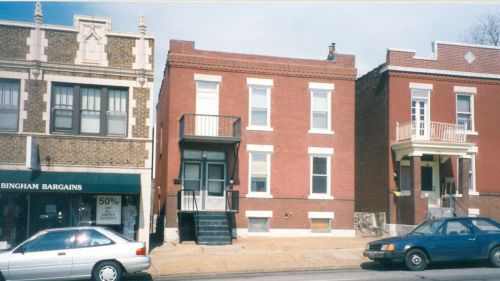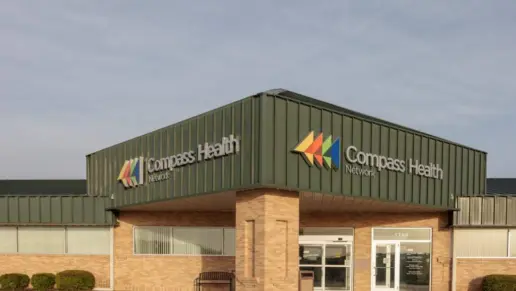The staff was great. I got the assistance and treatment I needed. I would highly recommend this place to anyone searching for a better way. The level of care they provide is top notch. You are welcomed in like family and treated with respect by people that really care.
About Phoenix Programs, Inc
Phoenix Programs offers a full continuum of care for men and women with addiction and co-occurring disorders. Located in Columbia, MO, the center’s programs include specialized services for families, substance related traffic offenses, and veterans.
Phoenix Programs is a provider of inpatient and outpatient treatment for substance use and dual diagnosis disorders in Columbia, MO. Full spectrum programming includes detox, residential, outpatient, and family care, as well as specialized programs for veterans and individuals with substance use related traffic offenses.
Phoenix Programs social setting detox helps individuals safely withdraw from drugs or alcohol. The program lasts one to three days. During this time, staff monitor patients for medical needs and provide emotional support. Staff also discuss treatment options and provide referrals as needed.
Phoenix Programs residential rehab offers 50 hours of treatment weekly. Activities include individual and group counseling sessions, education, and therapeutic recreation. Private and shared suites are available.
The outpatient treatment program consists of education and therapy groups. Therapy groups include six to eight individuals, while education groups are much larger. Day or evening treatment allows flexibility to meet participants’ scheduling needs. The focus is on peer support and the learning and practicing of recovery skills.
The Phoenix Health Family Program is designed to educate the community about addiction and its impact. Services include a Friends & Family Group, a Not Alone group, Breaking Barriers program, Individual Support Counseling, and Family Conferences.
Phoenix Programs is certified to provide services for the Substance Abuse Traffic Offenders Program (SATOP). This program serves individuals who have alcohol or drug related traffic offenses.
Phoenix Programs takes a Housing First approach to assist veterans and their families who are at risk of homelessness. Services include case management, outreach, financial resources assistance, and connection to benefits.
Rehab Score
Gallery
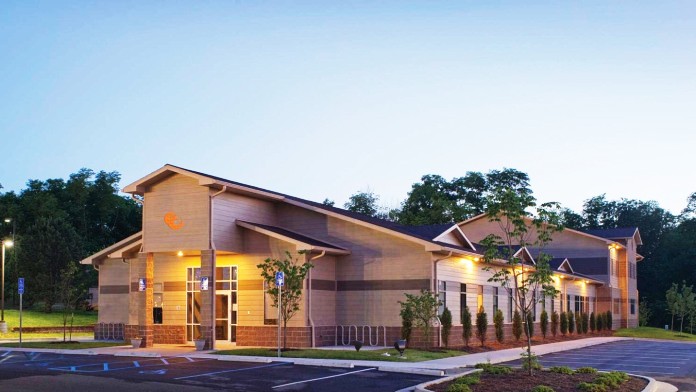
Location
Accepted Insurance



Other Forms of Payment
Medicaid is a state based program that helps lower-income individuals and families pay for healthcare. Medicaid covers addiction treatment so those enrolled can use their coverage to pay for rehab. When a program accepts Medicaid the client often pays very little or nothing out of their own pocket.
Private insurance refers to any kind of healthcare coverage that isn't from the state or federal government. This includes individual and family plans offered by an employer or purchased from the Insurance Marketplace. Every plan will have different requirements and out of pocket costs so be sure to get the full details before you start treatment.
Self-pay involves paying for treatment out of your own pocket. You can use savings or credit, get a personal loan, or receive help from family and friends to fund your treatment. If you don't have insurance or your insurance plan doesn't cover a specific program, self-pay can help ensure you still get the care you need.
Financial aid can take many forms. Centers may have grants or scholarships available to clients who meet eligibility requirements. Programs that receive SAMHSA grants may have financial aid available for those who need treatment as well. Grants and scholarships can help you pai for treatment without having to repay.
Sliding scale payments are based on a client's income and family size. The goal is to make treatment affordable to everyone. By taking these factors into account, addiction recovery care providers help ensure that your treatment does not become a financial burden to you or your family, eliminating one barrier to care.
Medicare is a federal program that provides health insurance for those 65 and older. It also serves people under 65 with chronic and disabling health challenges. To use Medicare for addiction treatment you need to find a program that accepts Medicare and is in network with your plan. Out of pocket costs and preauthorization requirements vary, so always check with your provider.
Addiction Treatments
Levels of Care
Treatments
The goal of treatment for alcoholism is abstinence. Those with poor social support, poor motivation, or psychiatric disorders tend to relapse within a few years of treatment. For these people, success is measured by longer periods of abstinence, reduced use of alcohol, better health, and improved social functioning. Recovery and Maintenance are usually based on 12 step programs and AA meetings.
Drug rehab in Missouri usually involves several phases: detox, rehab, and aftercare. The rehab phase may include a combination of inpatient and outpatient treatments, as the individual moves through a continuum of care on their recovery journey.
Many of those suffering from addiction also suffer from mental or emotional illnesses like schizophrenia, bipolar disorder, depression, or anxiety disorders. Rehab and other substance abuse facilities treating those with a dual diagnosis or co-occurring disorder administer psychiatric treatment to address the person's mental health issue in addition to drug and alcohol rehabilitation.
Substance rehabs focus on helping individuals recover from substance abuse, including alcohol and drug addiction (both illegal and prescription drugs). They often include the opportunity to engage in both individual as well as group therapy.
Programs



Clinical Services
The goal of cognitive behavioral therapy in Missouri is to help clients change their thinking and behavioral patterns. Strategies of treatment include role playing, facing fears, and calming techniques.
A complete course of dialectical behavior therapy typically takes six months. Skills training happens in a group setting. You'll also attend weekly individual treatment sessions to receive coaching from a therapist. You'll work on understanding and accepting your feelings and learn how to manage them to make positive changes.
Group therapy is any therapeutic work that happens in a group (not one-on-one). There are a number of different group therapy modalities, including support groups, experiential therapy, psycho-education, and more. Group therapy involves treatment as well as processing interaction between group members.
In individual therapy, a patient meets one-on-one with a trained psychologist or counselor. Therapy is a pivotal part of effective substance abuse treatment, as it often covers root causes of addiction, including challenges faced by the patient in their social, family, and work/school life.
Motivational interviewing is a short term method often used during drug rehab in Missouri. It typically lasts one or two sessions, with the goal of facilitating conversation about change. The client should leave the sessions feeling more decisive and secure in their ability to make the changes they desire in their life.
Within a trauma therapy environment, you have a structured approach to healing from past traumatic events that you witnessed or experienced. You are guided to understand your response and then develop healthier coping skills and mechanisms that Foster greater empowerment and recovery.
Whether a marriage or other committed relationship, an intimate partnership is one of the most important aspects of a person's life. Drug and alcohol addiction affects both members of a couple in deep and meaningful ways, as does rehab and recovery. Couples therapy and other couples-focused treatment programs are significant parts of exploring triggers of addiction, as well as learning how to build healthy patterns to support ongoing sobriety.
Research clearly demonstrates that recovery is far more successful and sustainable when loved ones like family members participate in rehab and substance abuse treatment. Genetic factors may be at play when it comes to drug and alcohol addiction, as well as mental health issues. Family dynamics often play a critical role in addiction triggers, and if properly educated, family members can be a strong source of support when it comes to rehabilitation.
Phoenix Programs does not allow tobacco use or possession on the part of individuals who are receiving residential treatment. They adhere to this policy to increase safety and positive outcomes for their participants. Their grounds are also tobacco free. They require regular tobacco users to bring Nicotine Replacement Therapy (NRT) products with them, for example: Nicotine Patches, Nicotine Gum, Nicotine Lozenges. If the patient is unable to obtain these products prior to admission, they require participants to bring a $30 money order with them so they can secure NRT for him/her.
Staff & Accreditations
Staff
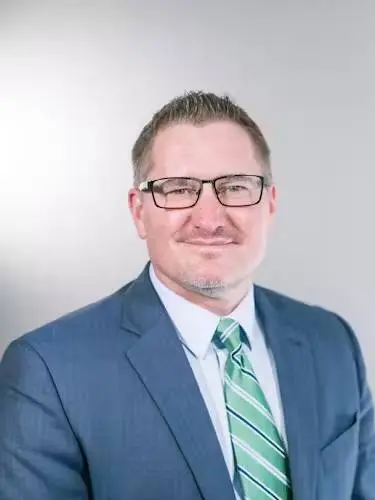
CEO
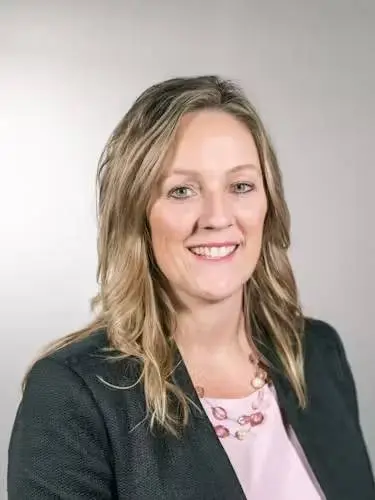
CFO

Chief Medical Officer
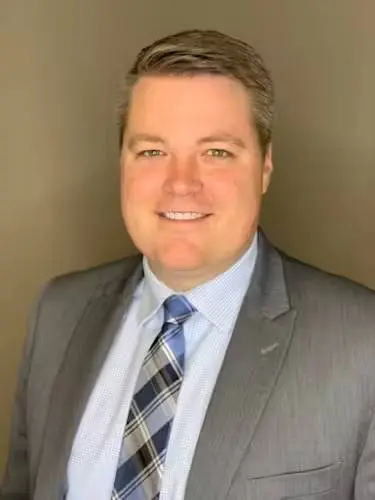
Chief Administrative Officer
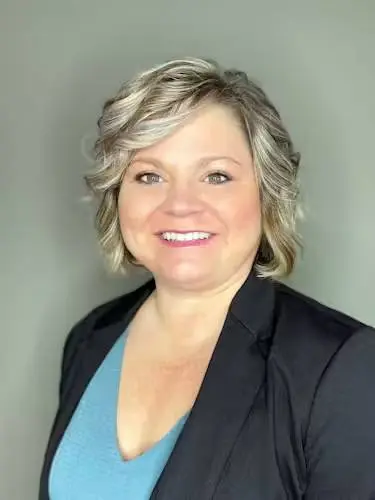
Chief Human Resources Officer
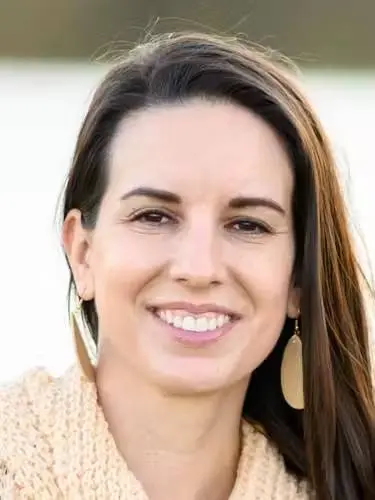
Chief of Staff
Accreditations

The Commission on Accreditation of Rehabilitation Facilities (CARF) is a non-profit organization that specifically accredits rehab organizations. Founded in 1966, CARF's, mission is to help service providers like rehab facilities maintain high standards of care.
CARF Accreditation: Yes
Contact Information
90 East Leslie Lane
Columbia, MO 65202

















